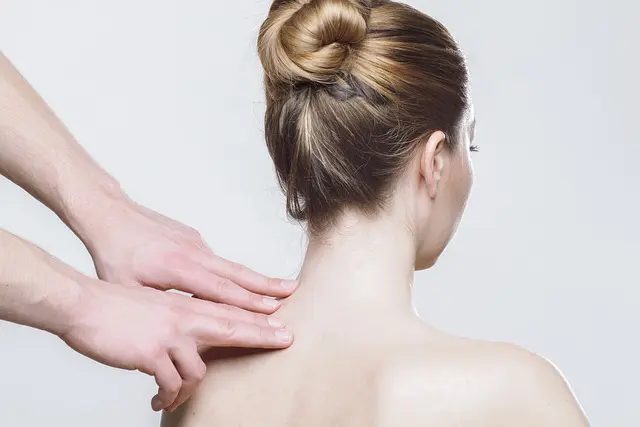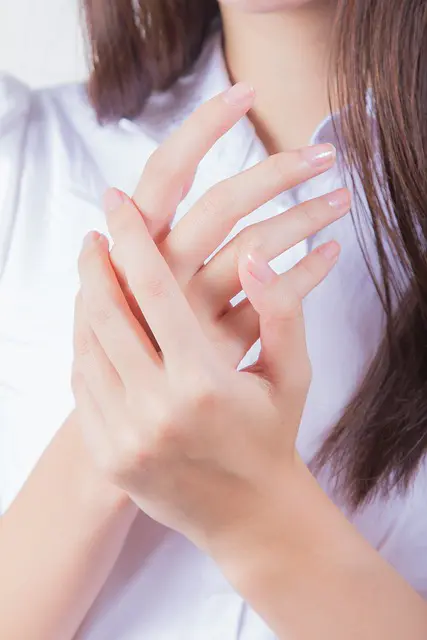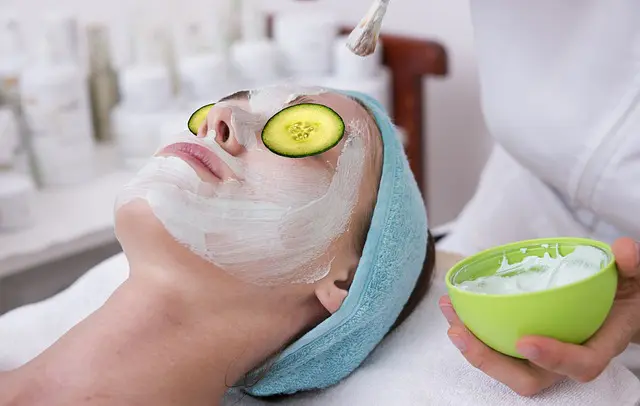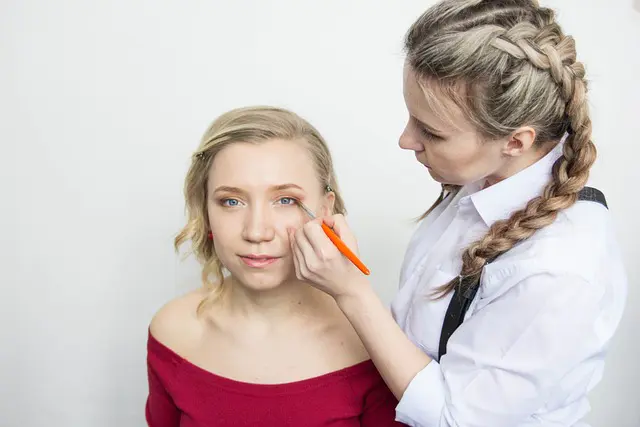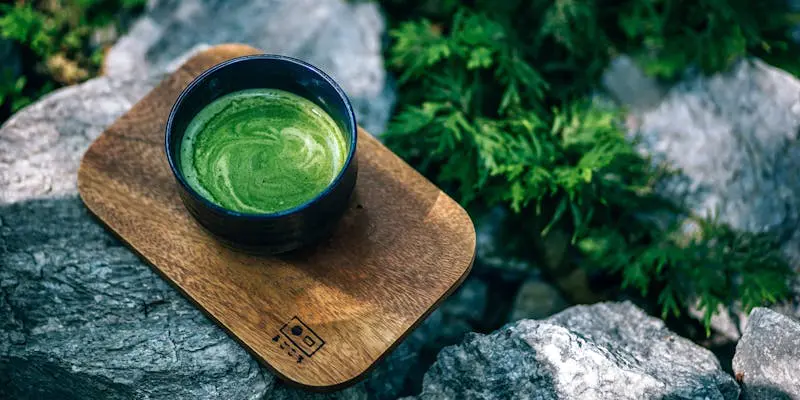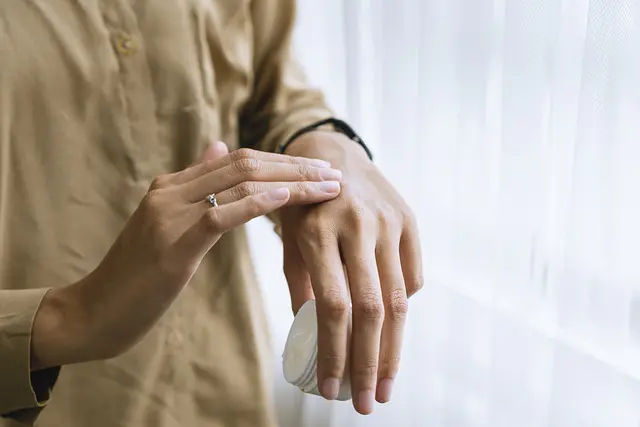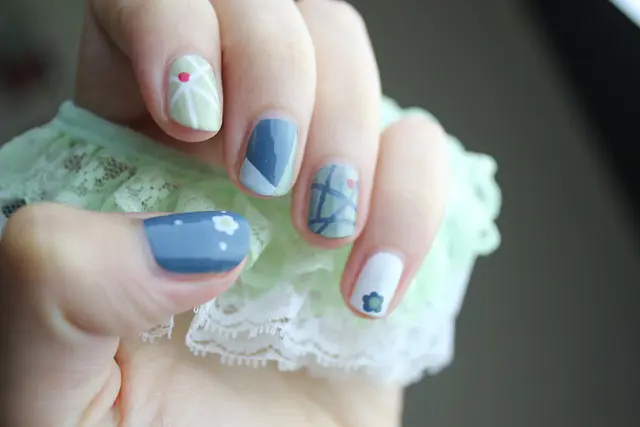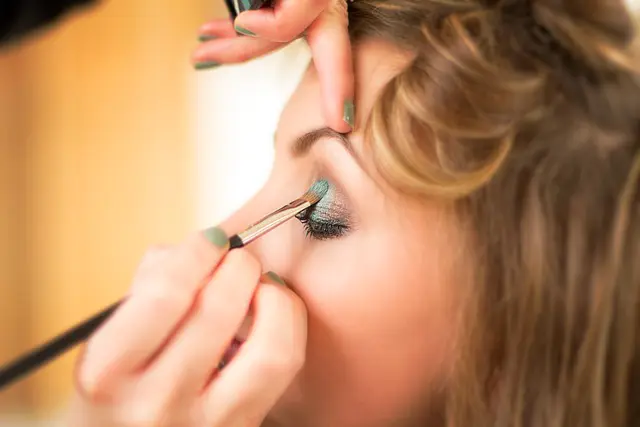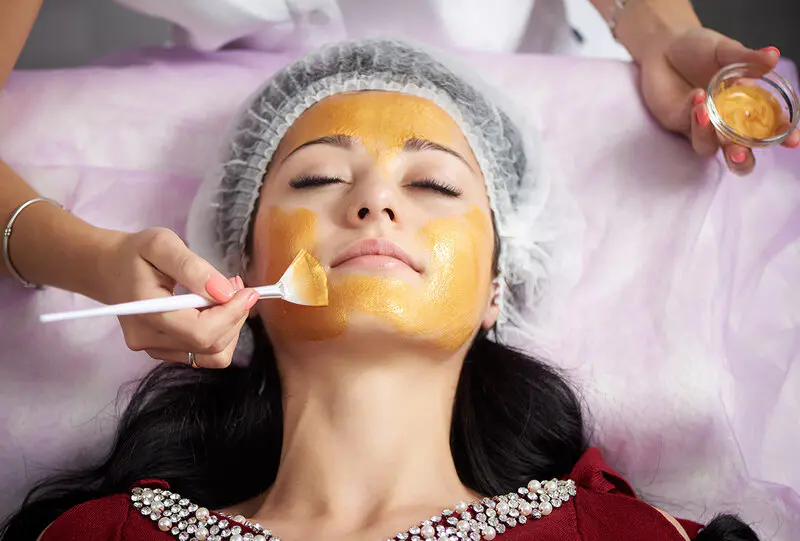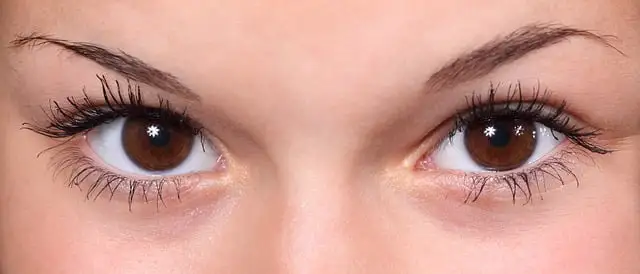The beauty industry is on the cusp of a transformative change. As we step into the 21st century, the concept of beauty has broadened to include not just physical appearance but also overall health, ethical considerations, and values alignment. The new age of beauty is set to be more inclusive, imaginative, and impactful, with a strong emphasis on technological advancements and environmental responsibility.
In this piece, I will explore the trends and ideas that are reshaping the landscape of beauty. We will look into the impact of technology, the importance of sustainability, and the growing emphasis on self-care and mental health. Whether you're a seasoned beauty enthusiast or just starting out with skincare and makeup, this guide will bring you up to speed on the latest in the beauty world.
The Tech Wave: How Technology is Shaping Beauty
Technology is transforming every aspect of our lives, including the beauty sector. From artificial intelligence in skincare to virtual try-ons, the blend of beauty and tech is opening up new possibilities.
1. Tailored Skincare Solutions
A significant leap in beauty tech is the rise of personalized skincare. Brands are using AI and machine learning to analyze your skin and create custom products that address your specific needs. By considering factors like skin type, concerns, and environmental influences, these solutions offer a level of personalization that was previously unimaginable.
Case Study: Companies like Proven and Atolla use algorithms to develop individualized serums and moisturizers, ensuring that each product is perfectly suited to your skin.
2. Virtual Makeup Testing and Augmented Reality
Gone are the days of guessing whether a makeup shade will match your skin tone or blend well. Augmented reality (AR) allows us to try on makeup virtually before purchasing. Platforms such as YouCam Makeup and ModiFace let you experiment with different looks in real-time, making it easier to find products that suit you.
Advice: Use digital makeup tools to step out of your comfort zone and test out bold colors or trends you might not have otherwise tried.
3. Portable Beauty Devices
From LED masks to microcurrent devices, portable beauty gadgets are bringing salon treatments to your home. These tools use cutting-edge technology to target specific skin issues, such as acne, wrinkles, and dullness. While they may have an upfront cost, they can be a cost-effective way to maintain skin health in the long run.
Case Study: The Foreo Luna facial cleansing brush uses sonic vibrations for deep cleaning, while the NuFACE microcurrent device helps to tone and lift facial muscles.
Eco-Friendly Beauty: Adopting Green Practices
As consumers become more environmentally aware, the beauty industry is responding by adopting green practices. From eco-conscious packaging to clean product formulas, sustainability is moving from a niche market to a necessary standard.
1. The Clean Beauty Movement
The clean beauty movement promotes the use of safe, non-toxic ingredients that are beneficial for both your skin and the environment. This involves avoiding harmful chemicals like parabens, sulfates, and synthetic fragrances in favor of natural, organic, and ethically sourced alternatives.
Advice: Look for certifications such as USDA Organic, EWG Verified, or Leaping Bunny to confirm that a product meets clean beauty standards.
2. Zero-Waste Packaging
The beauty industry has been criticized for its heavy use of plastic packaging. In response, many brands are now adopting zero-waste practices, such as using recyclable, biodegradable, or refillable packaging options.
Case Study: Lush offers "naked" products like shampoo bars and solid conditioners without any packaging, while brands like Kjaer Weis and Fenty Beauty provide refillable compacts for their makeup products.
3. Waterless Beauty Formulations
Considering that water is a precious resource and the beauty industry is one of its largest consumers, waterless beauty products, which are formulated without water, are not only more potent and effective but also more sustainable.
Case Study: Brands such as Pin
Recent
See All2025-04-01
Sustainability in Fashion and Beauty: Embracing Environmentally Friendly Practices
2025-04-01
Embarking on a Journey to Eternal Beauty: Cultivating Skin for Lasting Grace
2025-04-01
Harness the Skin-Reviving Effects of Green Tea
2025-04-01
Cultivate Your Skin's Health: Uncover the Perfect Body Wash for Your Skin Type
2025-04-01
Enhance Your Skin's Glow with Scientific Skincare: Tips for a Brighter Complexion
2025-04-01
The Importance of Slumber for Skincare: Discovering the Path to Glowing Beauty Through Rest
2025-04-01
Discovering the Path to Glowing Skin: A Guide to Natural Radiance
2025-04-01
Timeless Elegance: The Persistent Influence of Vintage Style in Modern Fashion
2025-04-01
Embrace the Glow: Crafting Your Own Turmeric Facial Mask
2025-04-01
The Worldwide Impact on Beauty: Cultural Skincare Rituals Shaping Modern Aesthetics
Newsletter
Get life tips delivered directly to your inbox!
